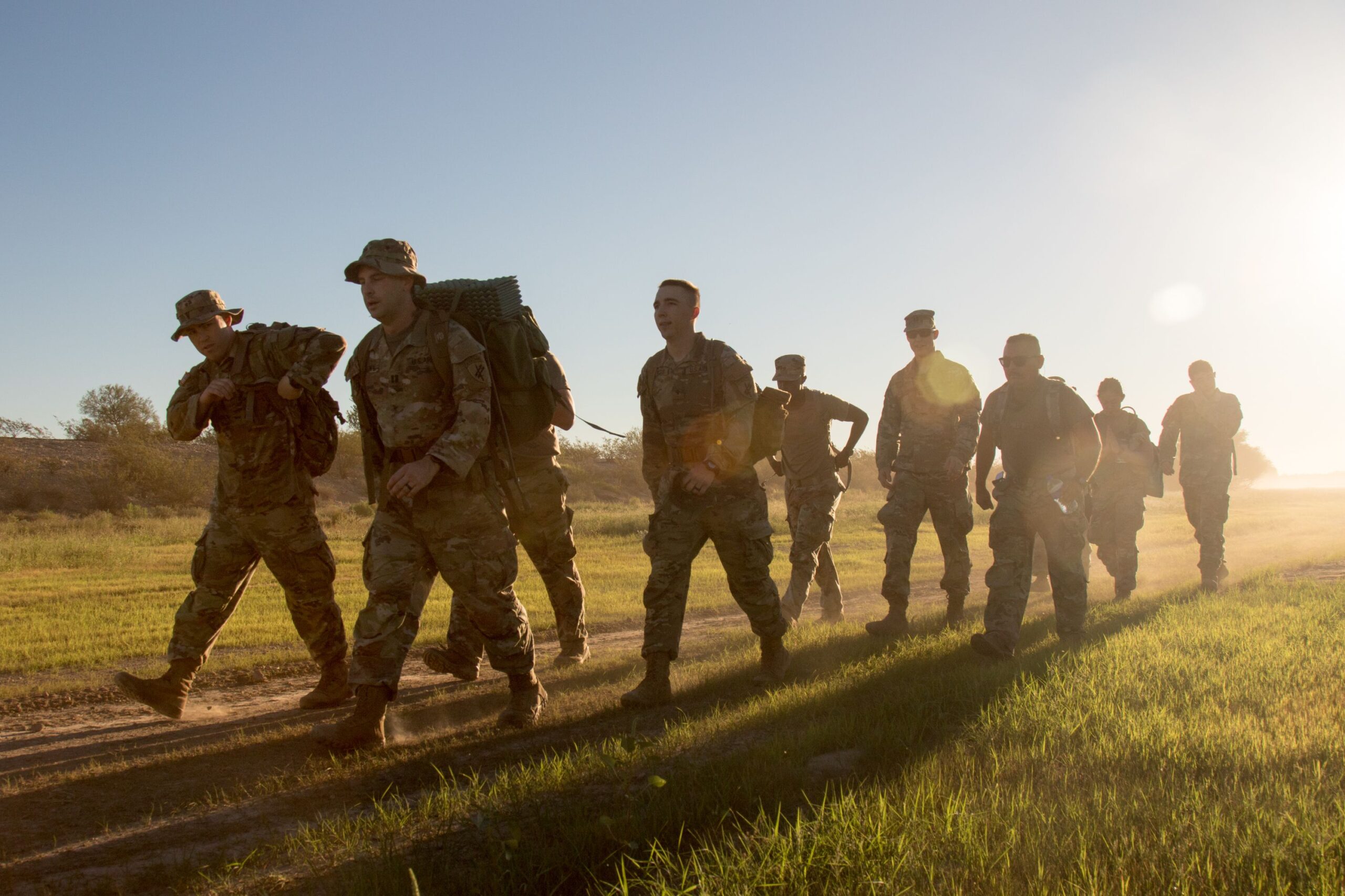:quality(70)/cloudfront-us-east-1.images.arcpublishing.com/archetype/BWM2YSWH2VGOFCJEZAZ6RUHFNY.jpg)
After a formal review and significant pushback from the field, Army human resources officials have backed away from their earlier push to bar troops from wearing a pair of foreign awards.
The Holland Four-Day Event Cross, better known as the Nijmegen Cross, and Luxembourg’s International March of Diekirch Medal are once again approved for soldiers to accept and wear on their dress uniforms, according to an internal announcement shared with Army Times.
The Dec. 14 reauthorization is “backdated” to Aug. 31, according to the internal announcement. That means troops who received the awards during a period when the Army had banned their acceptance for permanent wear can now petition the first one-star general in their chain of command to add them to their ribbon racks.
Service officials had removed the two decorations from the approved-for-wear list on Aug. 31 out of concerns over whether event registration fees violated military rules against “soliciting” foreign awards and badges. Human Resources Command personnel also questioned whether awards earned through virtual events — which the host nations had authorized due to ongoing COVID-19 pandemic concerns — were compliant with service regulations.
RELATED
:quality(70)/cloudfront-us-east-1.images.arcpublishing.com/archetype/F3Q6LJ3WVJGQDA2FUSYKO4MTYY.jpg)
But the move sparked a wave of backlash on public forums, such as Army Reddit, and heated debates on access-controlled ones like the S1Net page on MilSuite where the change was announced. One former officer wrote an opinion article arguing that the awards were “a strategic opportunity the Army is failing to see.”
Other critics of the policy change said the fees were only intended to offset shipping and production costs for the awards. They also said that human resources officials shouldn’t be deciding whether the virtual events qualify, since the host nations had authorized virtual marches and the brigadier general atop a soldier’s chain of command already has to approve any foreign awards before they can be worn, offering an opportunity for quality control.
Human Resources Command leaders spoke with Army Times about their decision for a Sept. 16 article, apologizing for how the change had been rolled out. Officials told Army Times that they were launching a policy review that included discussions with embassy officials from the Netherlands and Luxembourg in order to determine the future of the medals.
Ultimately, according to the internal announcement, the review revealed that “paying a registration fee, which covers the cost of administering the event and the medal[,] is not solicitation.” Officials also apologized for the lengthy review.
Davis Winkie is a senior reporter covering the Army, specializing in accountability reporting, personnel issues and military justice. He joined Military Times in 2020. Davis studied history at Vanderbilt University and UNC-Chapel Hill, writing a master’s thesis about how the Cold War-era Defense Department influenced Hollywood’s WWII movies.

